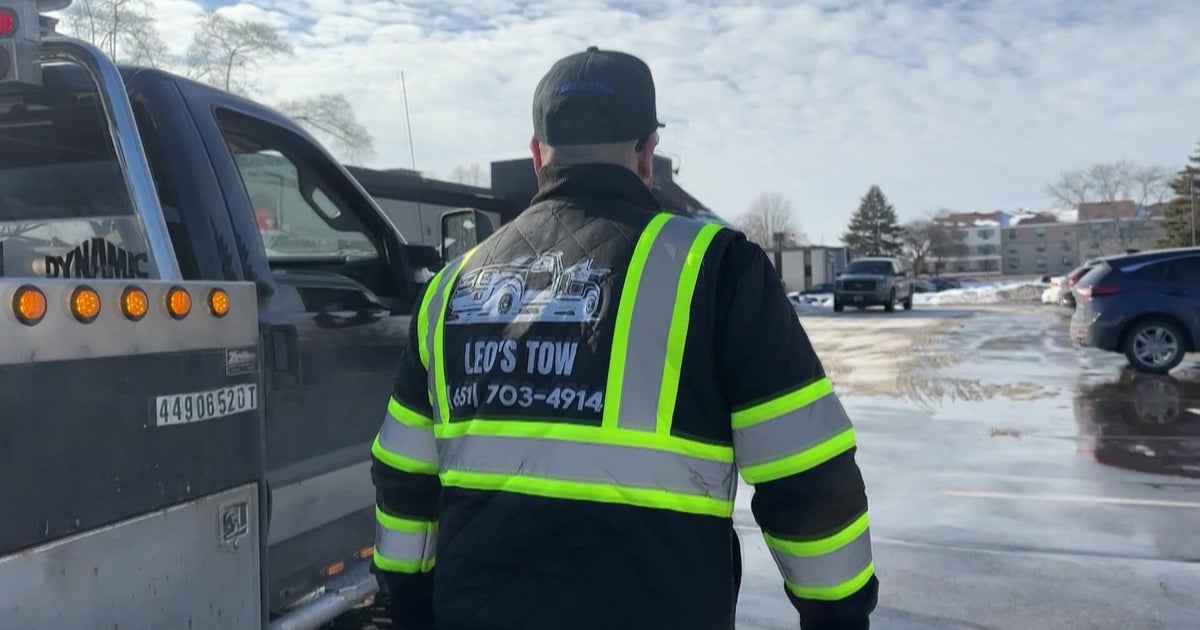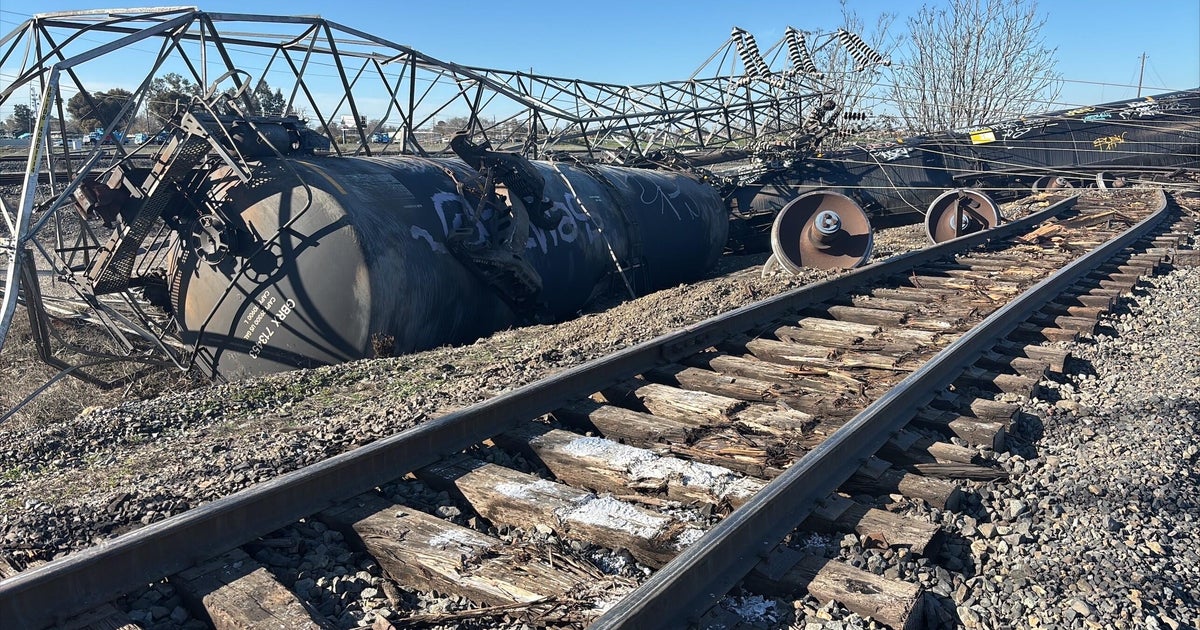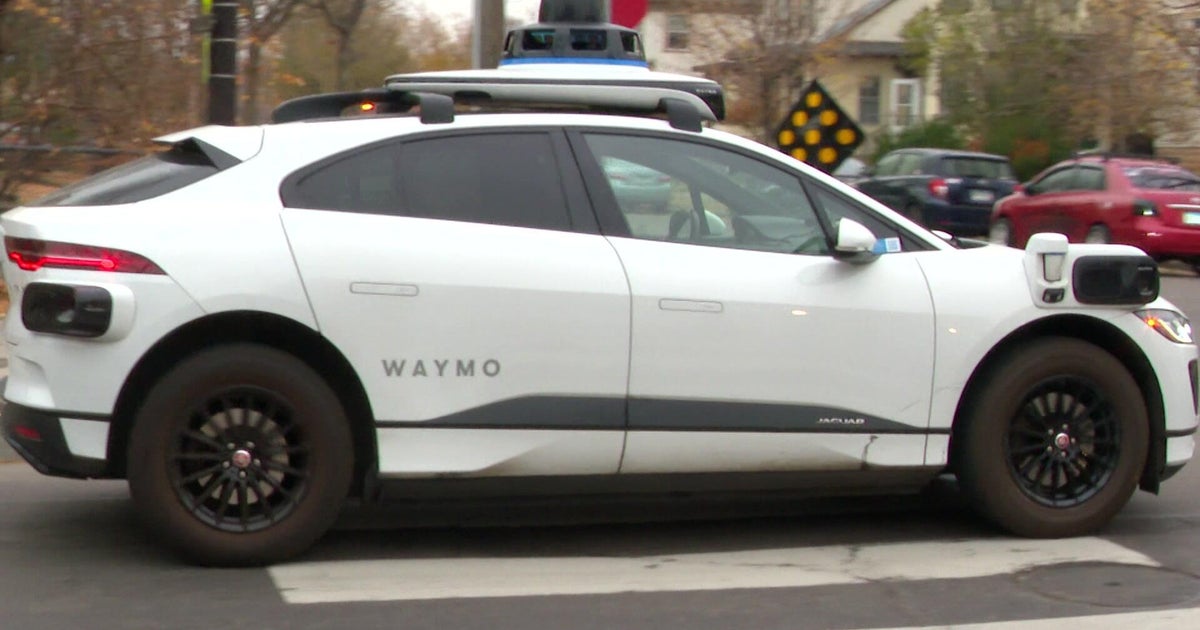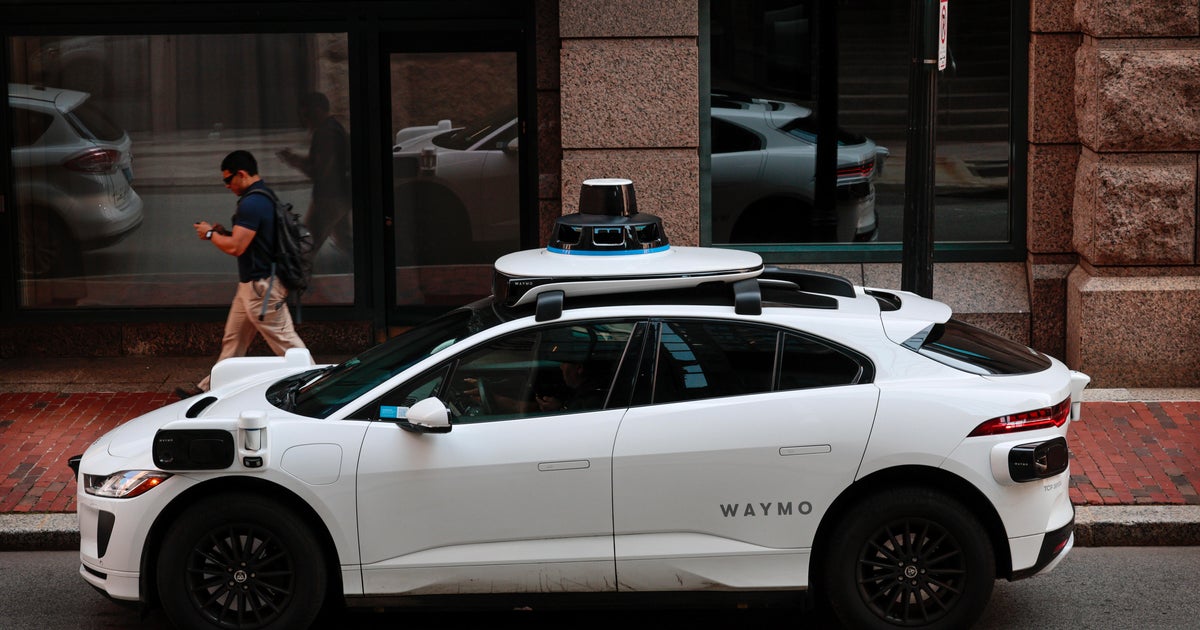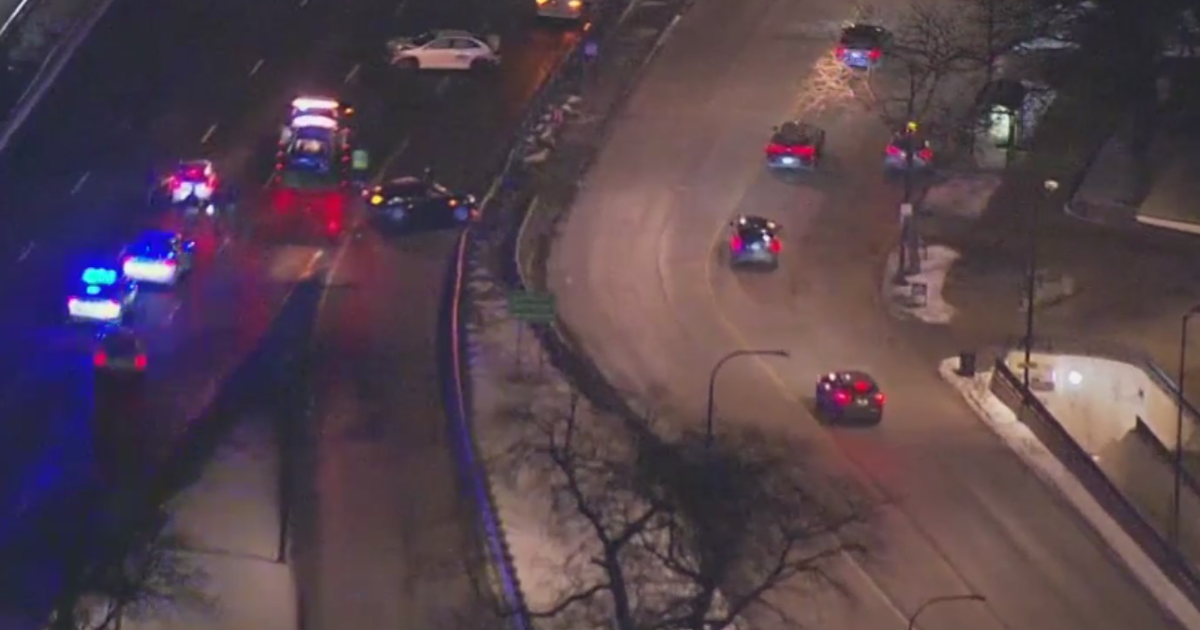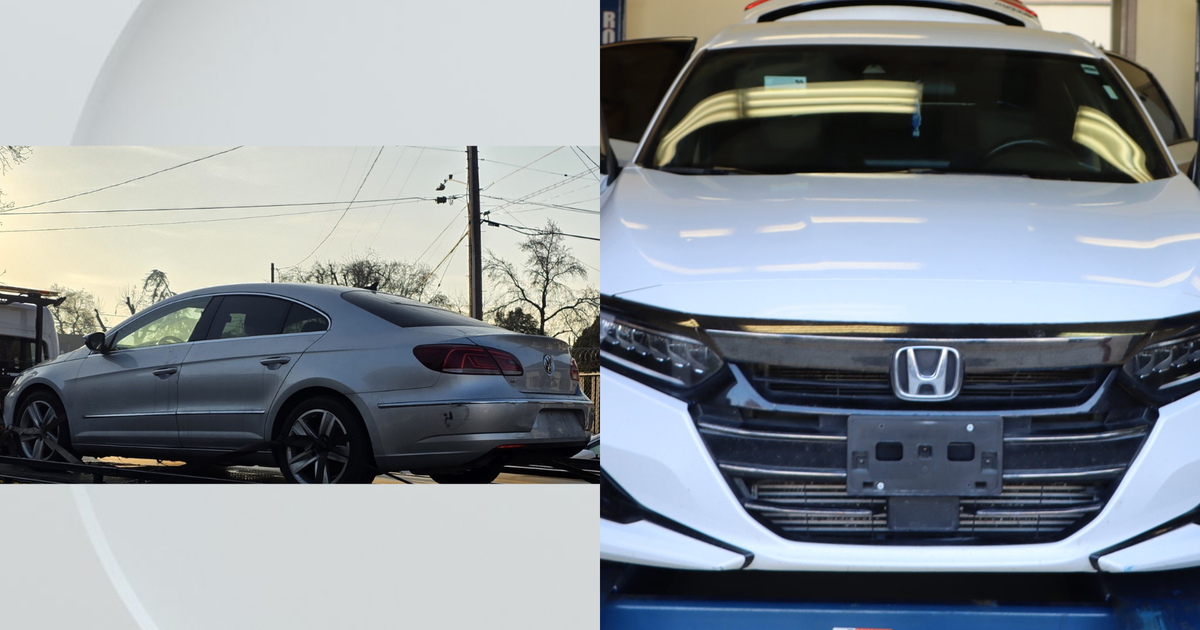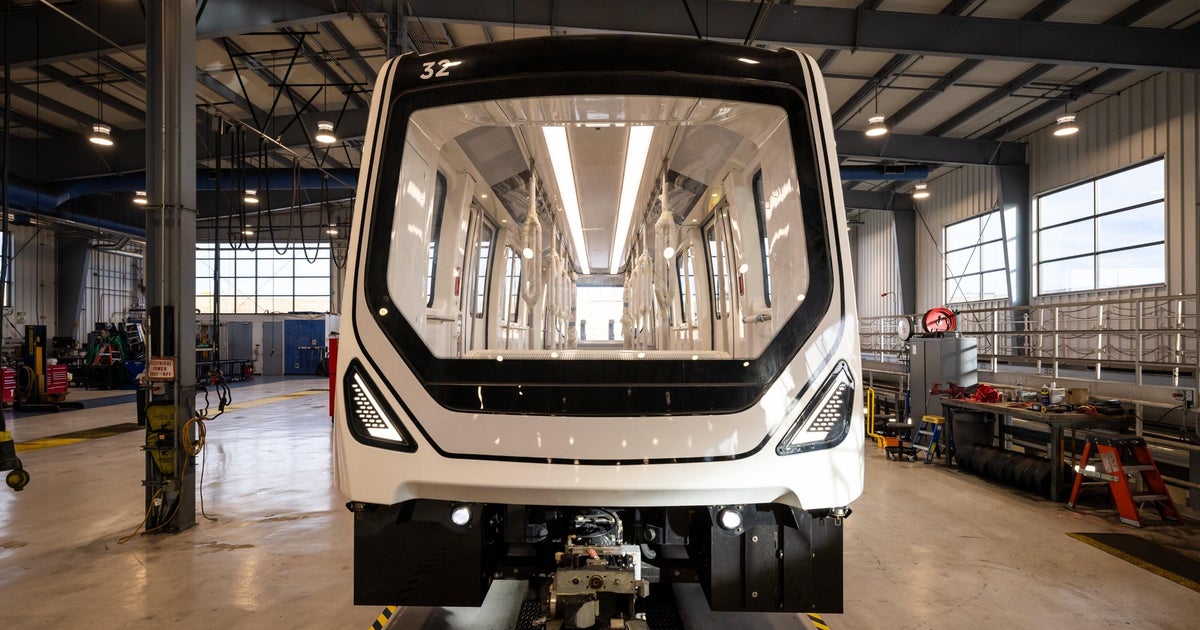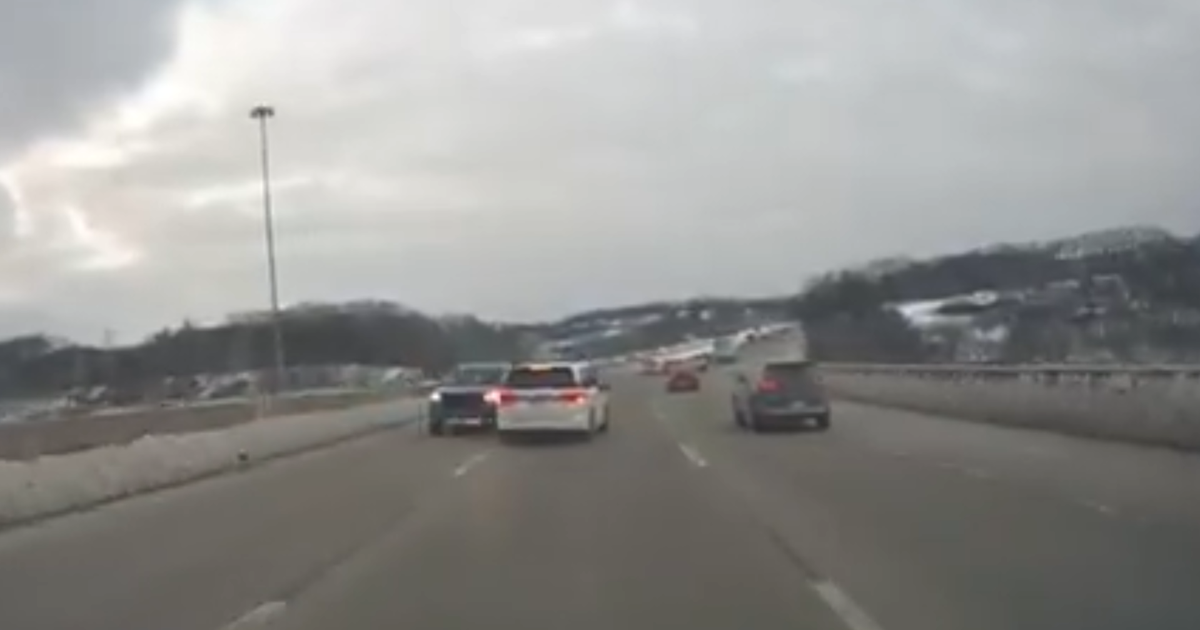EV infrastructure key to state's 2035 ban on internal combustion cars
SAN FRANCISCO -- With California confirming it will move forward with a plan to ban the sale of new gas-powered vehicles by 2035, there are questions about how the state's infrastructure will handle such a major change.
In order for this transition to work, current electric-vehicle owners and a transportation expert tell KPIX 5 there is a lot of work that needs to be done when it comes to expanding and developing the state's capacity for charging cars.
"I think California is leading the way. I hope they manage to do this," said Nicolas Juillard, an EV owner from Sunnyvale. "It's going to be difficult, especially with the main issue being charging infrastructure."
Chetan Kumar, another EV owner from Mountain View, agrees.
"The current infrastructure is good. But if you have no more gas cars and only electric, I think you'll need a lot more to get through all the rush of folks trying to charge their cars," he said. "Having a universal adapter that could charge all cars similarly would be really, really helpful, I think."
He thinks other states should follow California's lead.
"I think it's a step in the right direction, absolutely," he said. "I totally support this."
Professor Asha Weinstein Agrawal with the Mineta Transportation Institute at San Jose State University says charging stations will need to be implemented throughout communities.
"We of course need to have dedicated charging stations that might be equivalent to a gas station. But we also need to do the work throughout our communities – at people's homes, at employer sites, at shopping centers," she said. "We already have some and we need a lot more. But I anticipate the great majority of charging is not going to be done at these dedicated high-speed charging stations, but it's going to be people doing it at home, it's going to be people at work."
Boris Yanovsky, an EV owner from Saratoga, loves his vehicle but said he wasn't on board with the plan.
"If you force people, they're going to use their old habits and go to charging stations just like they used to go to gas stations," he said. "That's the wrong time to do it. There's going to be demand on electricity, there's going to be huge demand on infrastructure."
Juillard acknowledges it may be a bumpy ride, but thinks it's a move in the right direction.
"It's going to take some time," he said. "I don't know about 2035, but I think the goal is great."
Agrawal says the move won't outlaw gas or diesel vehicles outright, only the sale of new gas or diesel powered vehicles.
"It's not banning owning or driving gas or diesel vehicles," she said. "This merely means that new vehicles can no longer be gas an diesel, but we can still buy and sell used gas and diesel vehicles and drive the ones that we own already."
On Rhueaday, John Bozzella, the president and CEO of the Alliance for Automotive Innovation issued the following statement:
"Automakers are making massive investments in electrification – including manufacturing facilities and partnerships to produce vehicles, batteries and components inside the United States. This is a commitment that is producing game-changing EVs and transforming transportation.
"California today is about 18 percent EV market share and leading the nation which stands at 6.3 percent market share. Despite this positive trend, California's EV sale mandates are still very aggressive – even in California with decades of supportive EV policies – and will be extremely challenging. That's just a fact.
"Why? Whether or not these requirements are realistic or achievable is directly linked to external factors like inflation, charging and fuel infrastructure, supply chains, labor, critical mineral availability and pricing, and the ongoing semiconductor shortage. These are complex, intertwined and global issues well beyond the control of either CARB or the auto industry.
"What we've said to CARB and others is that getting more EVs on the road (a goal we unequivocally share and work every day to advance) must go hand-in-hand with other policies that together will ultimately determine the success of this transition.
"So the questions policymakers should be asking: are critical mineral and battery supply chains in place? Will the critical mineral mining and processing happen in the U.S.? Can customers afford the vehicles? Do all communities have the same access to level 2 home charging as single-family homeowners? Resolving these questions will determine the ultimate success of the California regulations and the EV transformation."

